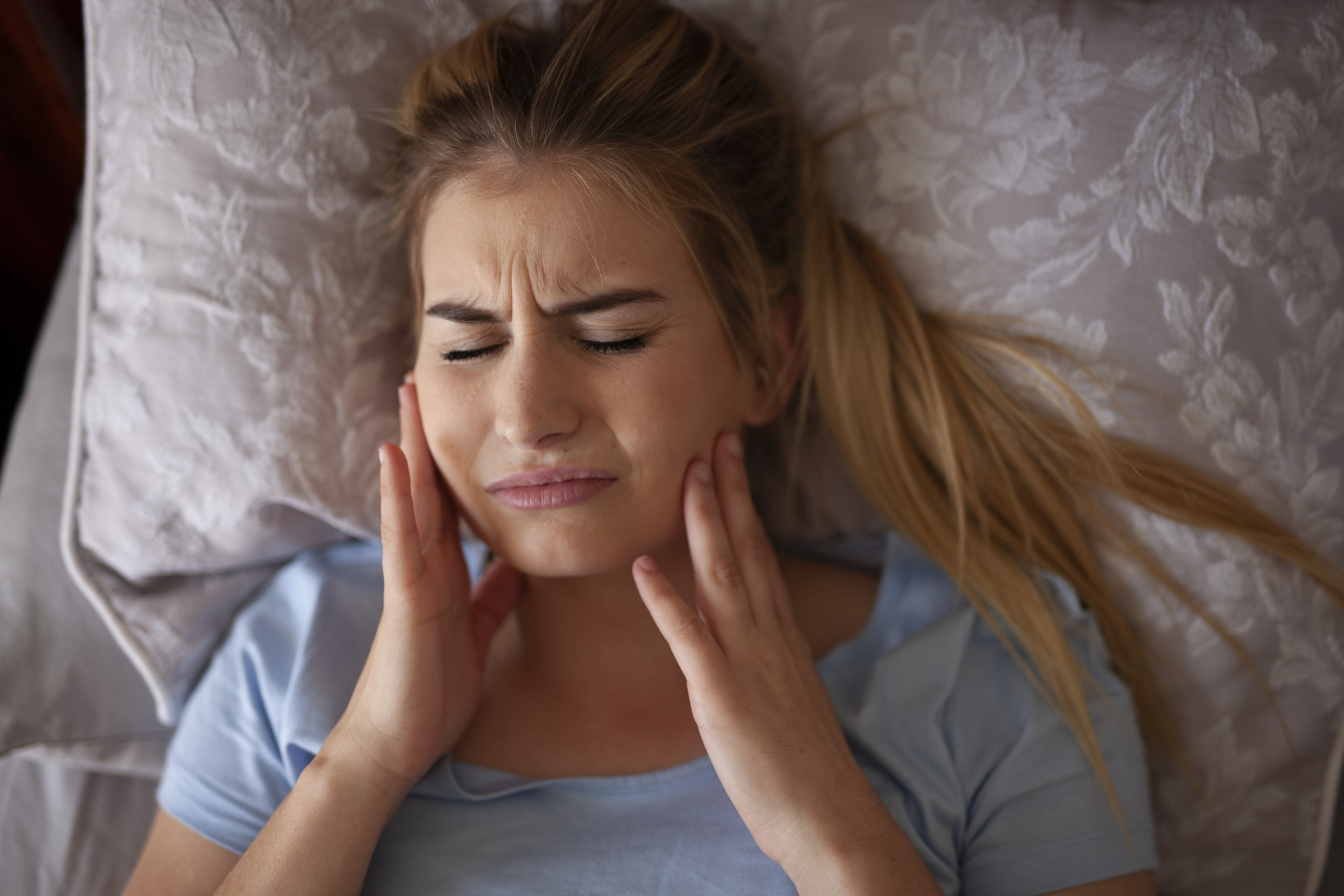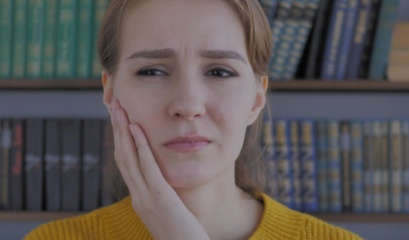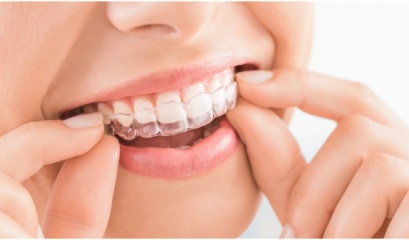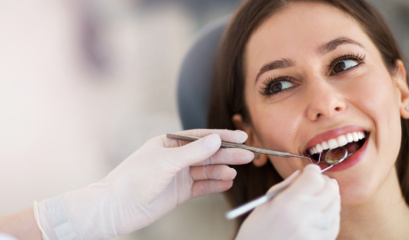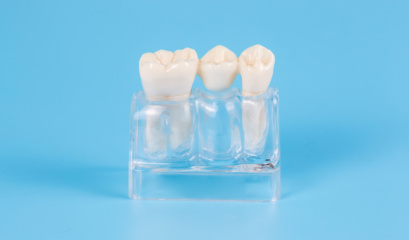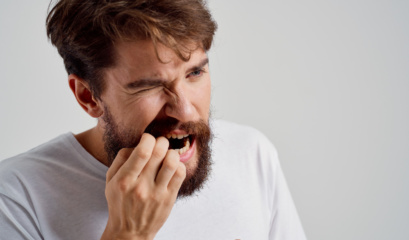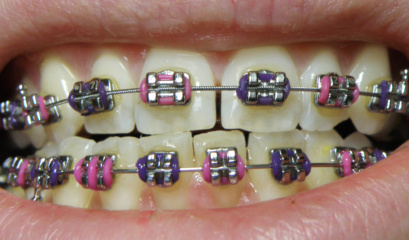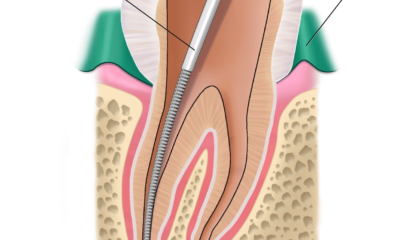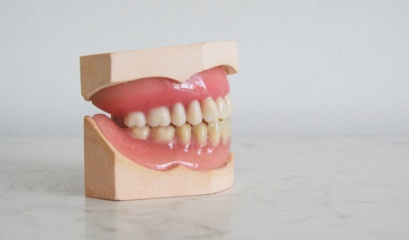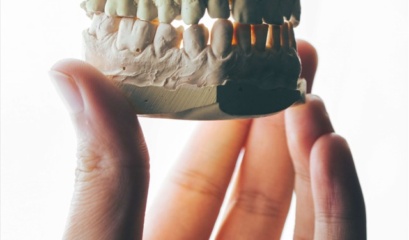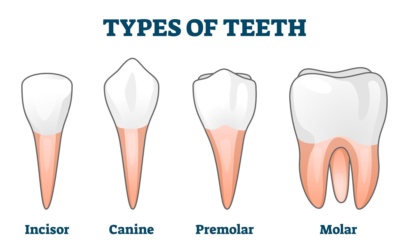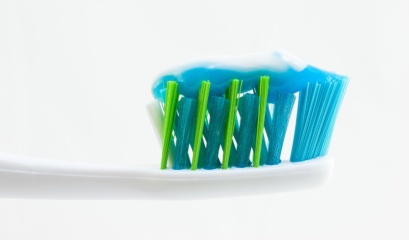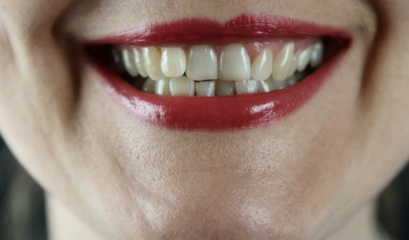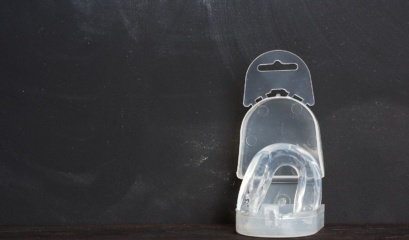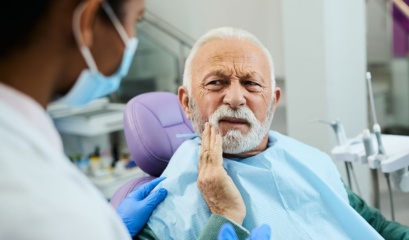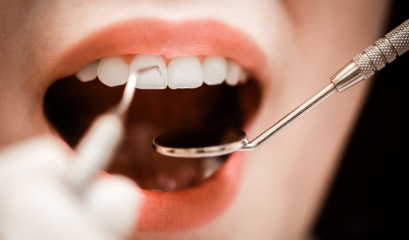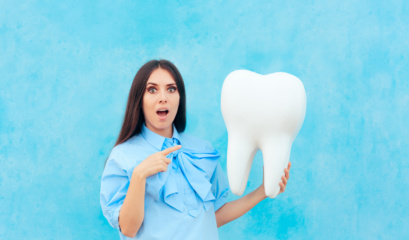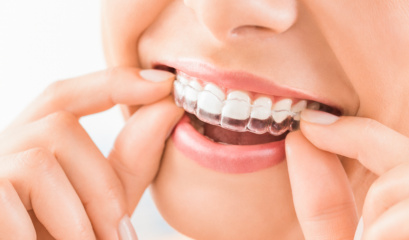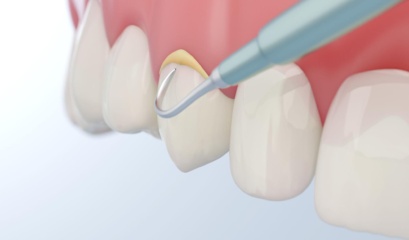Do you find yourself waking up with a clenched jaw? Concerned about how to stop nighttime teeth grinding but unable to find a solution? Teeth grinding, also known as bruxism is more than just a nighttime issue it is a condition that can have serious implications on your oral health.
Understanding Teeth Grinding
Many of us might grind our teeth from time to time, without even realising the potential harm we’re causing to our teeth and jaws. Recognising the signs of teeth grinding is the first step towards knowing how I can stop grinding my teeth at night. The common symptoms include:
- Jaw soreness or tightness, particularly upon waking.
- Headaches that originate near the temples.
- Worn tooth enamel, exposing deeper layers of the tooth.
- Increased tooth sensitivity to hot, cold, or sweet foods.
- Flattened, fractured, or chipped teeth, evident upon dental examination.
What Causes Grinding Teeth In Your Sleep?
Understanding what triggers teeth grinding is crucial for prevention. Factors that contribute to teeth grinding include:
- Stress and anxiety: High levels of stress can lead to unconscious teeth grinding during sleep.
- Sleep disorders: Conditions such as sleep apnea can be associated with increased episodes of teeth grinding.
- Bite misalignment: Abnormal alignment of teeth or an irregular bite can cause grinding.
- Lifestyle factors: Consumption of caffeine or alcohol, and certain habits like smoking, can heighten teeth grinding.
Early detection and action are key to preventing the long-term consequences of teeth grinding. By being aware of the symptoms and understanding potential triggers, individuals can seek timely advice and intervention from dental professionals. Contact our team at Knight Street Dental if these issues persist.
The Consequences of Ignoring Teeth Grinding
Neglecting the signs of teeth grinding can lead to several long-term dental health issues, some of which may require extensive treatment to correct. Here’s what could happen if teeth grinding is not addressed in a timely manner:
1. Tooth Damage
Persistent grinding exerts excessive force on the teeth, leading to worn-down enamel, cracks, and even fractures. Over time, this can compromise the structural integrity of your teeth, making them more susceptible to tooth decay and, in severe cases, leading to tooth loss.
2. Jaw Disorders
The constant strain placed on the jaw muscles and joints can result in temporomandibular joint disorder (TMD), a condition that causes pain and dysfunction in the jaw joint and muscles controlling jaw movement. Symptoms include pain, difficulty chewing, and a clicking sound when opening or closing the mouth.
3. Headaches and Earaches
The stress exerted on the muscles during teeth grinding can also lead to chronic headaches, particularly in the morning. Some individuals may experience earaches, despite the absence of an actual ear infection, due to the close proximity of the temporomandibular joint to the ear canal.
4. Increased Sensitivity and Pain
As enamel wears down, teeth become more sensitive to temperature changes and certain foods. This can decrease the quality of life, making everyday activities like eating and drinking uncomfortable.
How Can I Relax My Jaw At Night?
Teeth grinding, while a common issue, can often be managed or reduced through practical, everyday strategies. Here are several effective measures you can take to minimise teeth grinding and promote a healthier night’s sleep:
1. Stress Management
Since stress is a significant trigger for teeth grinding, implementing stress-reduction techniques can be highly beneficial. Consider practices such as meditation, yoga or any mindfulness practice. Meditation and deep breathing exercises before bed to calm the mind. Yoga or gentle stretching to alleviate physical tension. Mindfulness practices to maintain a sense of present-moment awareness and relaxation.
2. Establishing a Bedtime Routine
Creating a calming pre-sleep routine can significantly improve sleep quality and reduce the likelihood of teeth grinding. This may include:
- Limiting screen time an hour before bed to reduce blue light exposure.
- Reading or listening to calming music to wind down.
- Ensuring a comfortable sleep environment with appropriate bedding and room temperature.
3. Use of Mouthguards
One of the most direct methods to protect your teeth from the effects of grinding is the use of a custom-fitted mouthguard. These devices, provided by dental professionals, can:
- Prevent direct tooth-on-tooth contact, reducing wear and tear on the enamel.
- Alleviate jaw strain by distributing biting forces evenly.
- Be specifically tailored to fit your mouth for maximum comfort and protection.
4. Avoid Stimulants
Reducing the intake of stimulants such as caffeine and alcohol, especially in the hours leading up to bedtime, can decrease the likelihood of grinding. These substances can increase muscle activity and disrupt sleep patterns, making teeth grinding more likely.
5. Jaw Relaxation Techniques
Incorporating exercises that promote jaw relaxation can also be effective. These might involve:
- Gentle jaw stretching to reduce muscle tension.
- Warm compress application to the jaw area before sleep to encourage relaxation.
By adopting these strategies, individuals can make significant strides towards mitigating the effects of teeth grinding. However, it’s crucial to book a consult with a dental professional to identify the most effective approach tailored to your specific needs.
When to Seek Professional Help
While the steps outlined previously can significantly reduce the impact of teeth grinding, there are circumstances where professional consultation is indispensable. Recognising these signs is essential in preventing long-term damage and ensuring optimal oral health:
Persistent Pain or Discomfort
If you experience ongoing jaw soreness, headaches, or tooth sensitivity despite trying home remedies, it’s time to consult a dentist. Persistent symptoms indicate that your teeth grinding might be causing more severe damage or that there’s an underlying issue that needs addressing.
Noticeable Tooth Wear or Damage
Visual evidence of teeth grinding, such as flattened tooth surfaces, chipped or cracked teeth, should prompt an immediate visit to your dentist. These signs suggest that your teeth grinding is advanced and requires professional intervention to prevent further oral health complications.
Difficulty Chewing or Opening the Mouth
Teeth grinding can lead to temporomandibular joint disorder (TMD), characterised by pain and restricted movement of the jaw. If you’re having trouble chewing or opening and closing your mouth, professional evaluation and treatment are necessary.
Knight Street Dentists are equipped to offer comprehensive solutions for those suffering from teeth grinding. Through a detailed examination, we can identify the severity of your condition, the underlying causes, and the most effective treatment options. Whether it involves custom-fitted mouthguards, corrective dental procedures, or referrals to specialists for managing contributing factors like sleep apnea or TMD, our goal is to provide relief and prevent further damage to your oral health.
We are committed to guiding you through every step of your oral health journey. Whether you are perfecting your routine or teaching the little ones, remember that every brush stroke counts towards a brighter, healthier smile. We encourage you to keep these guidelines in mind and never hesitate to reach out to us for personalised advice. If you have any concerns about your oral health, contact us for regular check-ups.

